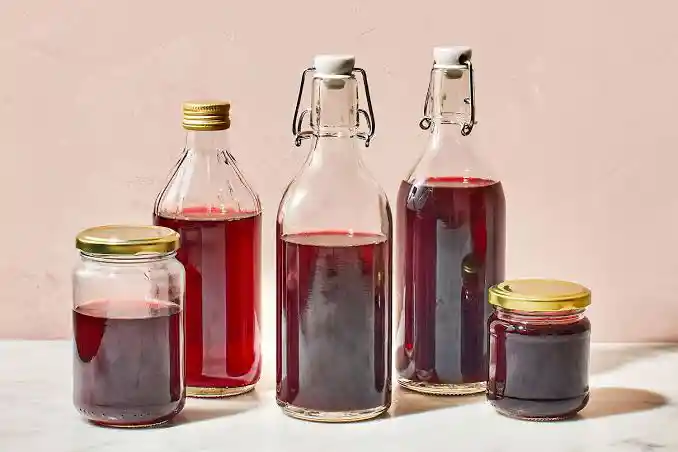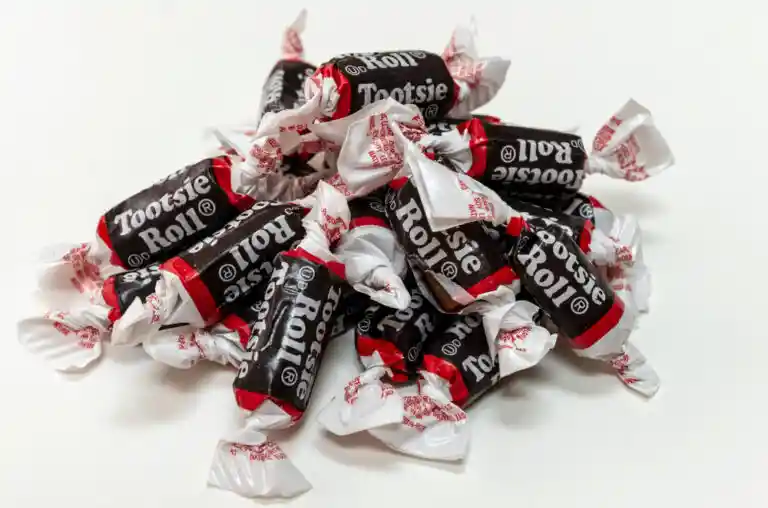Is Red Wine Vinegar Halal? Quick Guide
Advertisements
Is red wine vinegar halal? Are you a Muslim looking for halal options in the kitchen? One ingredient that may have you questioning its halal status is red wine vinegar.
In this blog post, we will explore the process of making red wine vinegar and the factors that determine whether it is considered halal or haram. Keep reading to learn more about this versatile ingredient and how it fits into a halal lifestyle.
Is Red Wine Vinegar Halal?
Yes, red wine vinegar is considered halal when the wine turns to vinegar by itself, without any deliberate treatment needed for it to be changed, it is permissible to eat, drink and handle, according to the consensus of the scholars.
This is because Jabir (may Allah be pleased with him) reported that the Prophet (peace and blessings of Allah be upon him) said: “What a good food vinegar is.”
But if the wine has become vinegar because of deliberate treatment, by adding vinegar, onions, salt etc., or by any other process, in this case the scholars (may Allah have mercy on them) differ as to whether it is permissible.
Advertisements
The vinegar, which comes from wine, has one of two cases. In the first case, the transformation process of wine into vinegar happens by itself without any effort to manufacture it. This vinegar is absolutely halal and permissible 100%.
However, if the wine has been transformed by the actions of someone else, by adding something to it to make it vinegar, whether it contains remains of alcohol or not, this vinegar is not halal for you.
- You may also like: Is Pectin Halal? What You Need To Know
The Shafi’is, Hanbalis and some of the Malikis say that it is not permissible to deliberately change wine to vinegar because then it is not pure.
The evidence for this is the hadith of Anas ibn Malik (may Allah be pleased with him) who said:
“The Messenger of Allah (peace and blessings of Allah be upon him) was asked whether wine could be changed to be used as vinegar. He said, ‘No.’”
Reported by Muslim
Abu Talhah (may Allah be pleased with him) reported that the Prophet (peace and blessings of Allah be upon him) was asked about some orphans who had inherited some wine. He said, “Pour it away.” He was asked, “Could they not make it into vinegar?” He said, “No.” (Reported by Muslim).
Advertisements
Therefore, we have to verify how the process of the transformation from wine to vinegar took place.
The process of making red wine vinegar involves fermenting red wine until the alcohol content is reduced to a very low level. The resulting liquid is then aged for a period of time, during which it takes on the characteristic tangy taste and aroma of vinegar.
The key factor in determining the halal status of red wine vinegar is how wine vinegar is produced.
If the wine turns into vinegar by itself (without any deliberate interference from humans), it is halal. However, some others believe that wine vinegar is halal, either when it turns naturally or by an intentional process.
As you can see, according to Shafi’i, red wine vinegar is only halal when the wine spontaneously turns into vinegar, without any human helps. Meanwhile, the Hanafi school rules that wine vinegar is halal, either way.
Advertisements








3 Comments
Comments are closed.